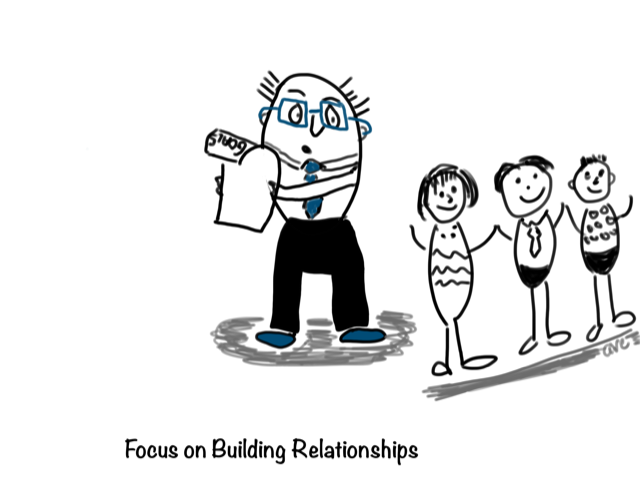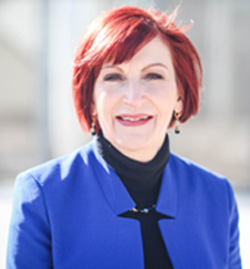“Our goals can only be reached through a vehicle of a plan, in which we must fervently believe, and upon which we must vigorously act. There is no other route to success.”—Pablo Picasso
I like to reflect at year-end and set goals for the following year. I set aspirations in many areas including: career, professional development, health, material, psychological, spiritual, family, community and creativity. At one time I had over 20 pages of goals. Now I try to make it simpler so I can be open to what emerges and not have to be so hard on myself. One area I am focusing on and encouraging my coaching clients to consider in goal setting is building relationships.
My executive clients often say they are too busy for building and maintaining relationships. They work long hours with big commitments and pressures. They barely have enough time for family and essentials. I certainly can relate. Given the volatility and uncertainty we face these days it feels like cultivating friendships and community can be last on the list. But should it be?
While we feel pressured, it is relationships that foster well-being and innovation. Sebastian Junger in his book Tribe: On Homecoming and Belonging, found that American soldiers in Afghanistan experienced a sense of well-being when living and working in community. The same soldiers experienced isolation after deployment. Many said they missed the connection. Junger makes the case that humans lived and worked together in close-knit social groups or tribes for hundreds of thousands of years and we value and thrive with connections of support. In our modern society, we have fewer chances of helping one another and many feel divided and even depressed. These divisions have become even larger in recent years.
When there are disasters such as floods, fires and other calamities, we see that people come together and help and support one another. After 9/11, people in New York City reported feeling more connected. The murder rate actually went down. We as humans are wired for collaboration and supporting each other. Research shows that urban wealthy women in North America experience more isolation and depression than rural women in Nigeria. While the women in Nigeria are poorer, they have more social support and connections.
There are many research studies showing the health benefits of human connection. At the end of our lives, we reflect more on our connections than other achievements.
One way I have built strong supportive relationships is joining groups of peers for reflection and support of one another. I have built lasting friendships with peers while we support one another in achieving goals. We have learned a lot professionally and experienced the power of connection. I have facilitated peer learning and coaching groups across the globe and people always report that the relationships formed are meaningful and supportive. In addition, because of the diverse experiences and backgrounds learning, innovation and creativity are a natural outcome.
I encourage you to make building relationships and connection a goal this year.
Contact us any time at potentials.com.

